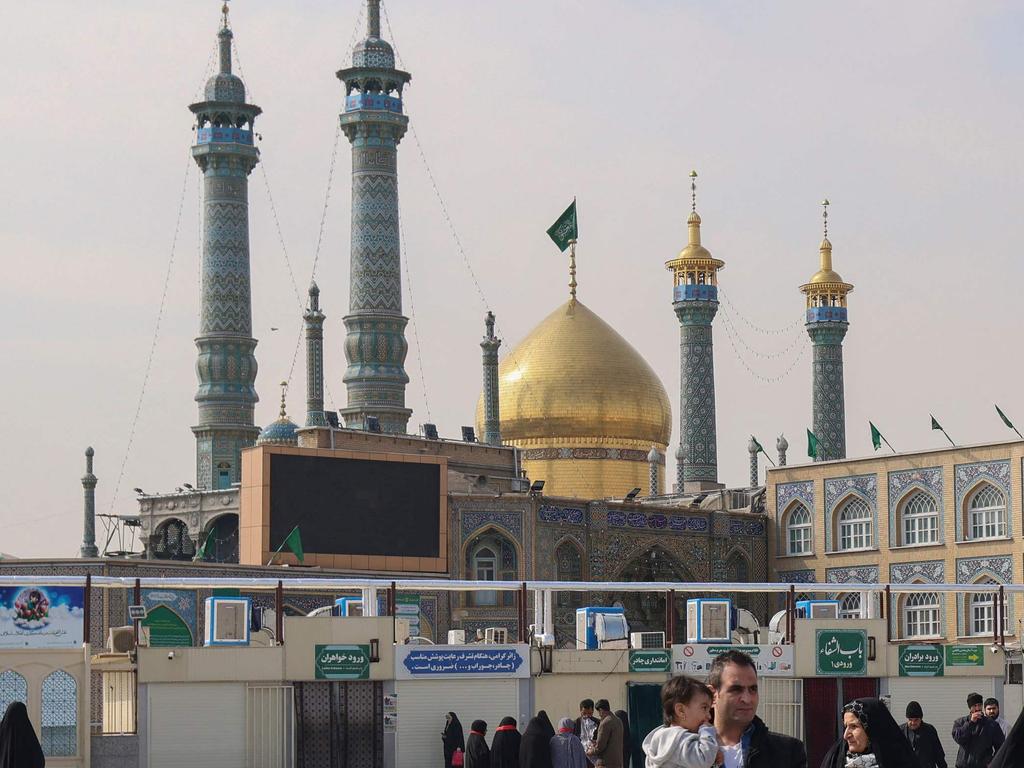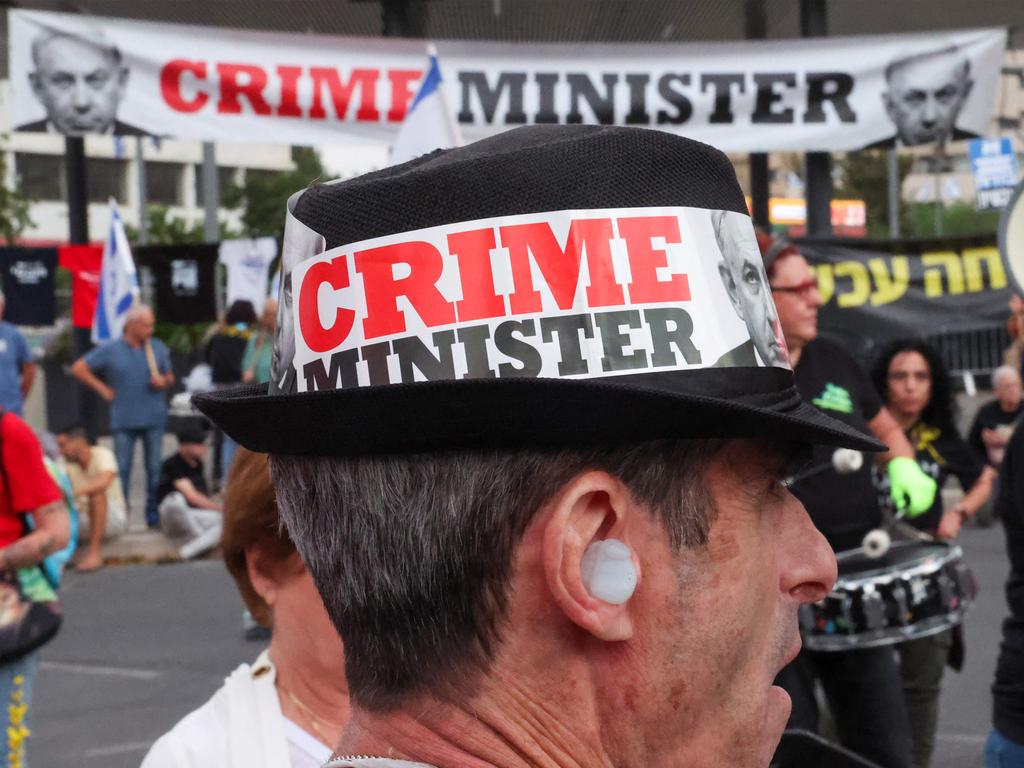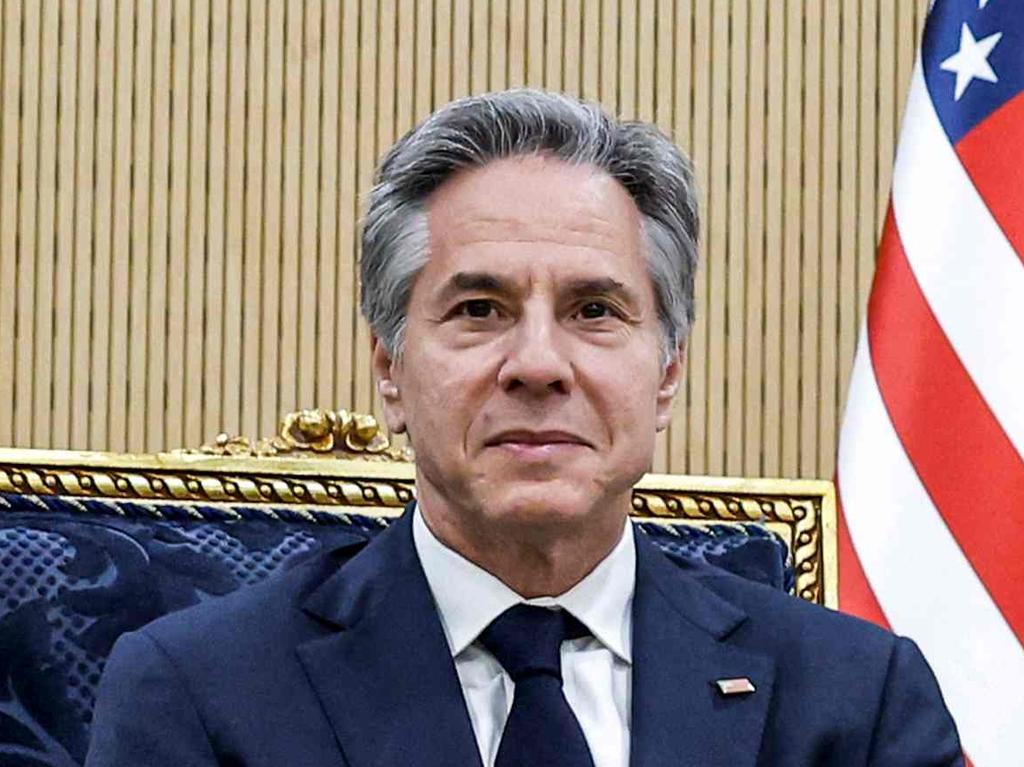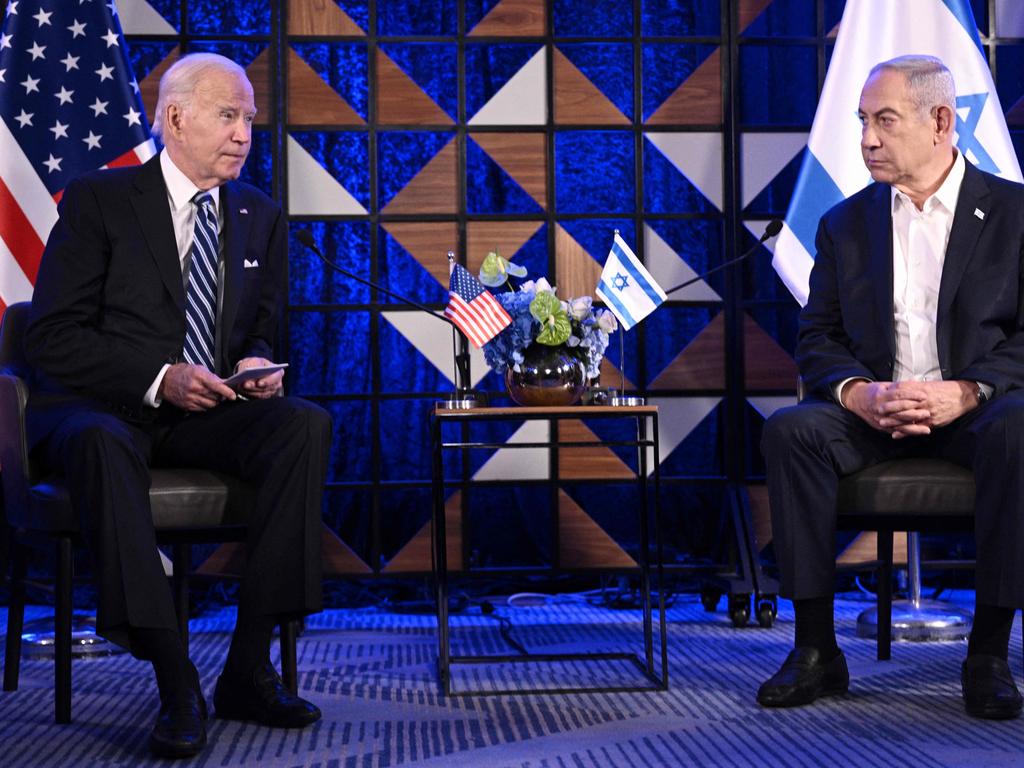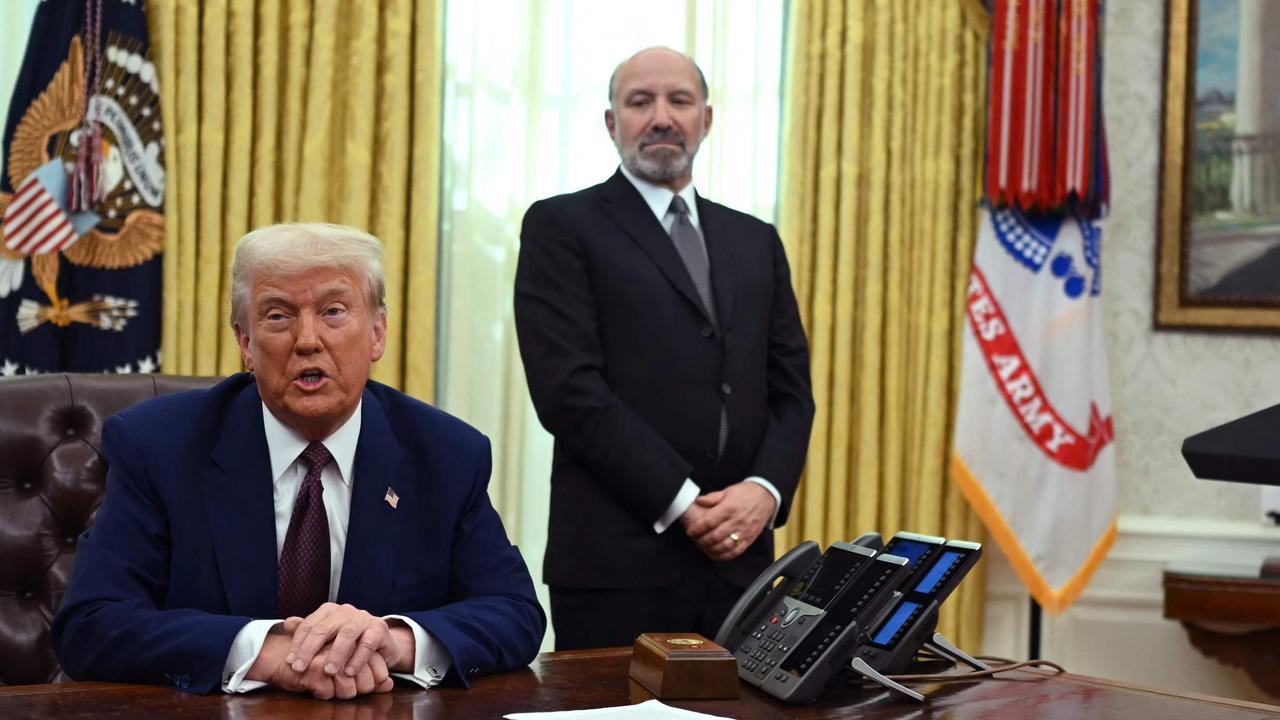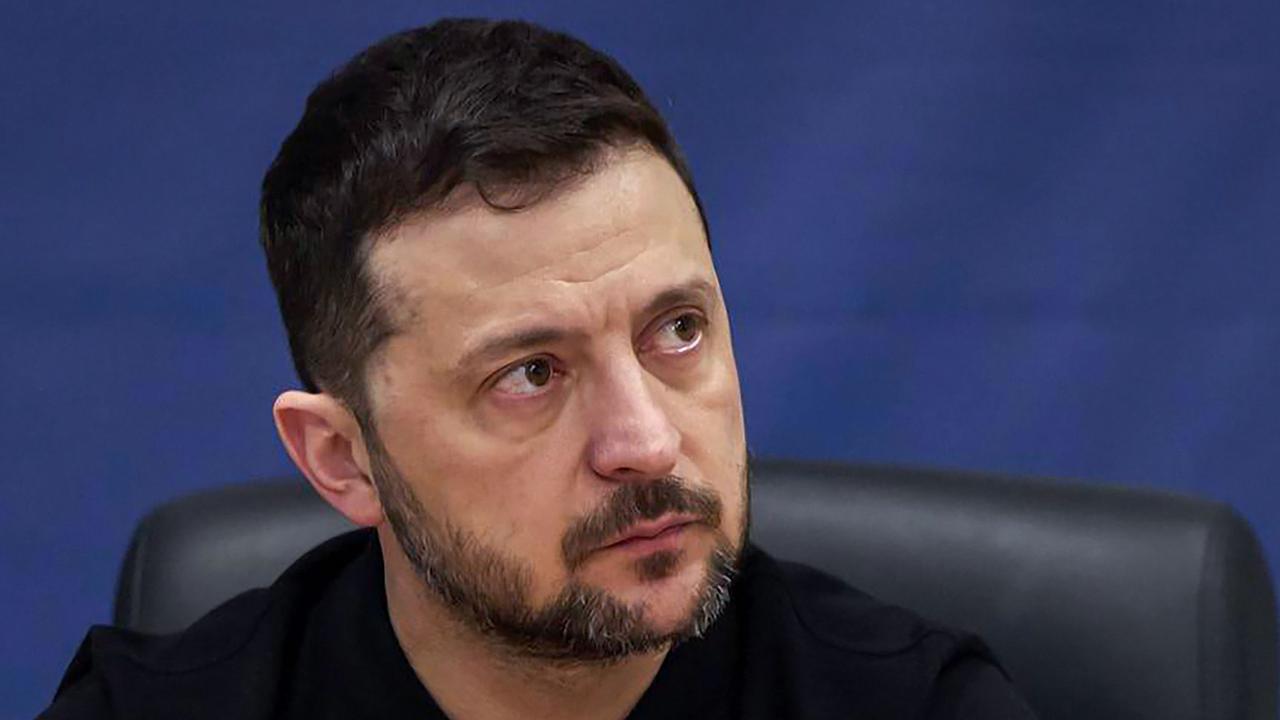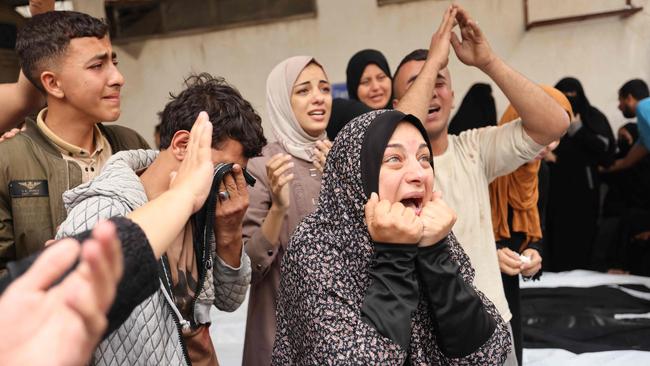
The world may at last be contemplating the end of the current round of fighting in Gaza, as Israel and Hamas are closer today to a long-term ceasefire than they ever have been.
US Secretary of State Antony Blinken said the ceasefire deal now on the table was “a proposal that is extraordinarily generous on the part of Israel”.
Blinken stated the unavoidable, but by everyone else apparently unsayable, conclusion: “The only thing standing between the people of Gaza and a ceasefire is Hamas.”
Britain’s Foreign Secretary, David Cameron, who seems to have inherited much of the instinctive Arabist hostility to Israel which permeates the British Foreign Office, also described the Israeli ceasefire offer as “very generous” and urged Hamas to accept it.
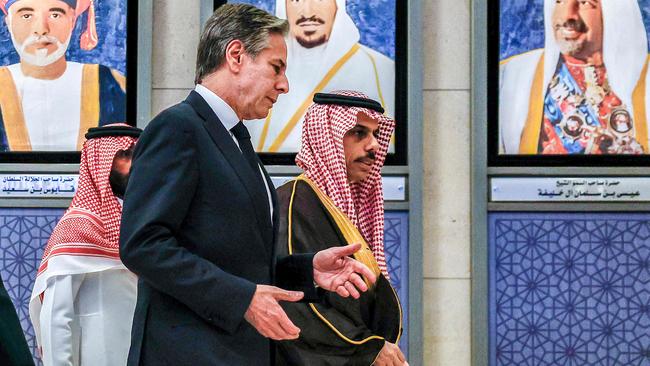
US President Joe Biden has lobbied the Emir of Qatar, and the President of Egypt – two governments with some influence on Hamas – to urge the Muslim Brotherhood offshoot that has ruled Gaza as an iron dictatorship since 2006 to accept the ceasefire.
There is something like 130 Israeli hostages still unaccounted for in Gaza, from the more than 200 people Hamas and its allies kidnapped on October 7. However, an unknown number of them is dead. Well-informed Israelis think it may be that more than half are dead.
According to reports from the Middle East, Israel is willing to settle for as few as 33 of its hostages to enact a 40-day ceasefire. In exchange it would release, reportedly, thousands of Palestinian prisoners, as well as ceasing all military activity. Humanitarian aid would flood into the territory.

Hamas has pledged to give an answer by Friday, though it may come sooner. Almost every state in the Middle East, with the exception of Iran, is urging Hamas to accept the ceasefire. So why has it not done so already?
This is because the death and destruction of Palestinians was always part of Hamas’s plan, and is working to achieve what Hamas always wanted, to damage and demonise Israel, perhaps permanently.
A ceasefire has been available for months in exchange for the release of Israeli hostages.
What is striking is the success of Hamas in getting international commentary, especially in nations like the US, Britain and Australia, to put all the moral responsibility on Israel and none of the moral responsibility at all on Hamas.
Yet the depravity of Hamas’s sexual violence, murder of children and families, performative torture and kidnap on October 7 was always designed to produce a militarily tough response from Israel.
And although Israel has succeeded in militarily degrading Hamas, the people of Gaza have paid a terrible price, and Israel also has paid a terrible price in terms of its international support.
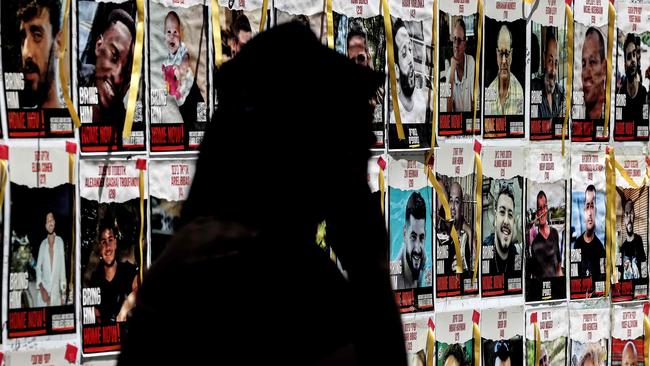
A pair of Israeli journalists were surprised several weeks ago when they went to interview Donald Trump on the Gaza conflict. Instead of offering strong rhetorical support for Israel as the journalists expected, Trump advised Jerusalem to finish the Gaza operation as quickly as possible because it had become a worldwide PR disaster for Israel.
In so far as the world has proposed various actions against Israel, such as Foreign Minister Penny Wong floating the idea of unilateral Australian recognition of a Palestinian state though no such state exists, this has encouraged Hamas to hold out for ever more concessions from Israel in negotiating any ceasefire.
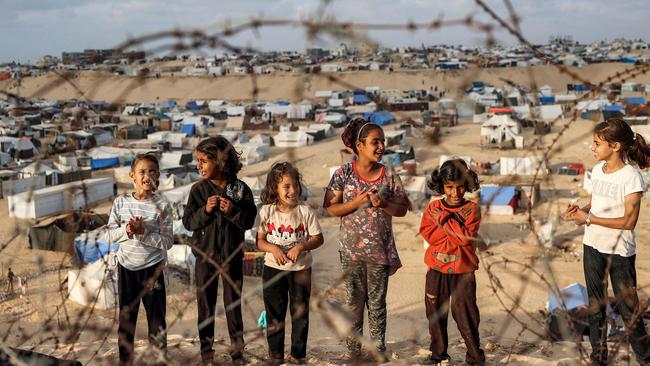
Perhaps it even encouraged Hamas not to agree to a ceasefire at all. Previously Hamas has demanded as a condition of ceasefire total Israeli withdrawal from Gaza. Given that this would guarantee Hamas’s re-emergence as the dominant force in Gaza, and greatly increase the likelihood of more October 7 style attacks, this was never plausible. It was an excuse for Hamas to avoid a ceasefire.
If Hamas says no to this ceasefire deal, which would well develop into some longer term cessation of hostilities, it is Hamas which will be condemning Gazans to prolonged military suffering. A ceasefire is also the only chance that Israel will forego destroying the Hamas brigades that remain underground in Rafah, in the south of Gaza.
Hamas will demonstrate again that it is the enemy of the interests of Palestinians.
Will we then see Australian children led in a chant: “5, 6, 7, 8 Hamas is a terror state”?
Don’t bet on it.


